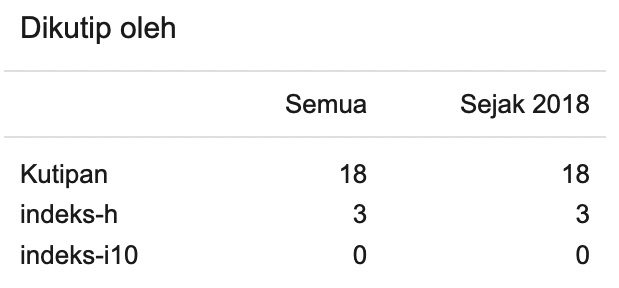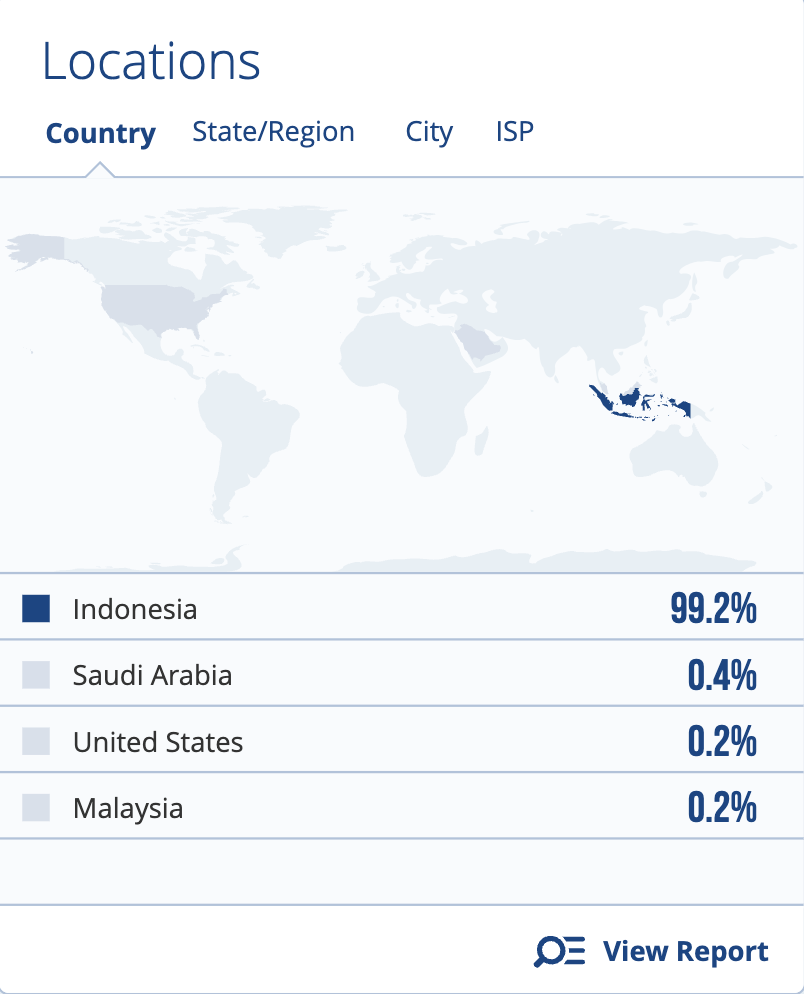Upaya Pencegahan Diare Anak Melalui Edukasi Menggunakan Hand-Wash
Abstract
A disease that often occurs in developing countries, including Indonesia, is diarrhea. Diarrhea is the discharge of liquid or watery feces that occurs at least 3 times. In Indonesia, diarrhea is an Extraordinary Event (KLB) which is often accompanied by death. The general aim is to carry out training activities regarding diarrhea prevention education through hand washing to create knowledge about hygiene and sanitation for children at Muhammadiyah Sukonandin Elementary School to prevent diarrhea. The Participatory Action Research (PAR) method is used to emphasize participation and collaboration from various parties in managing action research research. In this method, 3 activities are implemented, namely socialization, discussion and mentoring. As a result of implementing PRODAMAT activities, Muhammadiyah Sukonandin Elementary School students obtained an average pre-test score of 60% and an average post-test score of 90%. Thus, it can be concluded that education can increase students' knowledge and understanding about preventing diarrhea through hand-washing.
References
Amukti, D. P., Humolungo, D. T. W. S., Ardilla, M., Bachri, M. S., & Ma’ruf, M. (2024). Pemberian edukasi pada usia remaja terhadap penyakit hipertensi. Jurnal Pembelajaran Pemberdayaan Masyarakat (JP2M), 5(2), 251–258. https://doi.org/10.33474/jp2m.v5i2.21600
Apriadi Siregar, P., Agus Tantri, D., Mawarni, D., Al Hafizh Marpaung, F., & Nafsiah Purba, H. (2023). Epidemiologi Penyakit Diare. JK: Jurnal Kesehatan, 1(1), 36–42.
Ervira, F., Panadia, Z. F., Veronica, S., & Herdiansyah, D. (2021). Penyuluhan Cuci Tangan Pakai Sabun (CTPS) dan Pemberian Vitamin untuk Anak-Anak. Jurnal Kreativitas Pengabdian Kepada Masyarakat (Pkm), 4(1), 234–239. https://www.unicef.org/indonesia/sites/unicef.org.indonesia/files/2020-05/Panduan-Praktis-untuk-Pelaku-Bisnis-dalam-mendukung-WASH-2020.pdf
Ma’ruf, M., Rais, I. R., & Bachri, M. S. (2024). Peran edukasi dalam pemilihan makanan sehat pada anak sekolah. Jurnal Pembelajaran Pemberdayaan Masyarakat (JP2M), 5(1), 172–178. https://doi.org/10.33474/jp2m.v5i1.21427
Nurhaedah, N., Pannyiwi, R., & Suprapto, S. (2022). Peran Serta Masyarakat dengan Angka Kejadian Diare. Jurnal Ilmiah Kesehatan Sandi Husada, 11, 403–409. https://doi.org/10.35816/jiskh.v11i2.799
Sinanto, R. A., & Djannah, S. N. (2020). Efektivitas Cuci Tangan Menggunakan Sabun Sebagai Upaya Pencegahan Infeksi : Tinjauan Literatur. Jurnal Kesehatan Karya Husada, 8(2), 19–33. https://doi.org/10.36577/jkkh.v8i2.403
Sri Ambarwati, A., Is Aini, A., Alief Budiarto, D., Nur Haenisa, N., & Andriyani, L. (2021). Edukasi Perilaku Hidup Bersih Dan Sehat (Cuci Tangan Pakai Sabun) Untuk Mencegah Transmisi Covid-19. Seminar Nasional Pengabdian Masyarakat LPPM UMJ, 41–46. http://jurnal.umj.ac.id/index.php/semnaskat
Sunardi, & Ruhyanuddin, F. (2017). The Impact of Hand Washing on The Incident of Diarrhea Among School-Aged Children At The District of Malang. Jurnal Keperawatan, 8(1), 85–95.
Copyright (c) 2024 IJCOSIN: Indonesian Journal of Community Service and Innovation

This work is licensed under a Creative Commons Attribution-NonCommercial-ShareAlike 4.0 International License.






